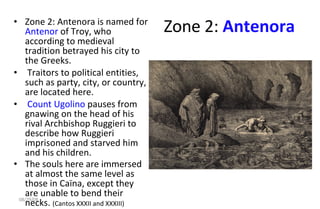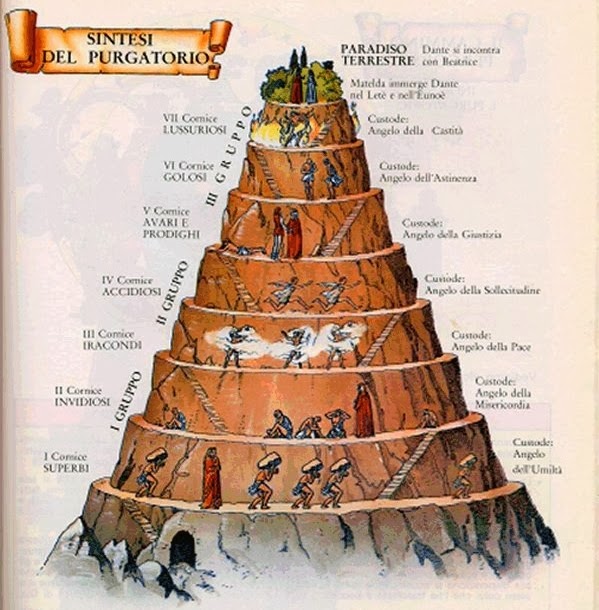

In truth, some of the most sublime moments in The Divine Comedy, indeed in all of literature, occur after Dante makes his way out of the Inferno’s desolation.

As Victor Hugo wrote about The Divine Comedy’s blessed realms, “The human eye was not made to look upon so much light, and when the poem becomes happy, it becomes boring.” Since the poem appeared, and especially in modern times, those readers intrepid enough to take on Dante have tended to focus on the first leg of his journey, through the burning fires of Inferno. Eliot called such poetry the most beautiful ever written-and yet so few of us have ever read it. These breathtaking lines conclude Dante’s Divine Comedy, a 14,000-line epic written in 1321 on the state of the soul after death. L’amor che move ’l sole e l’altre stelle.īy the love that moves the sun and the other stars. Photo-illustration from Sandro Botticelli's portrait of Dante by Stephanie Bastek (Wikimedia Commons)


 0 kommentar(er)
0 kommentar(er)
